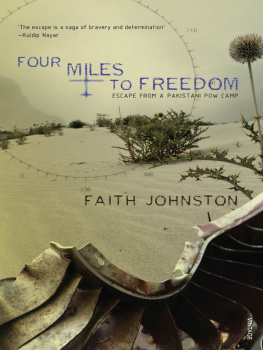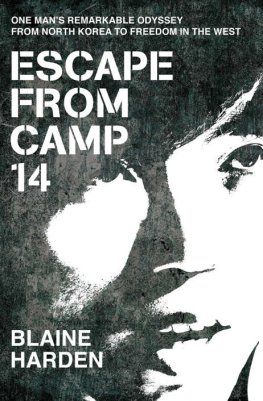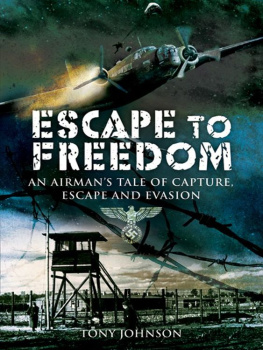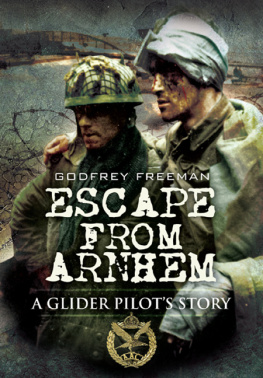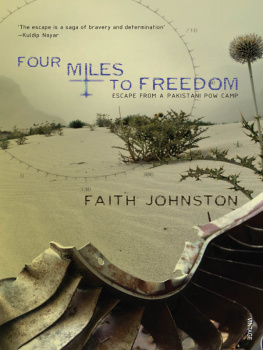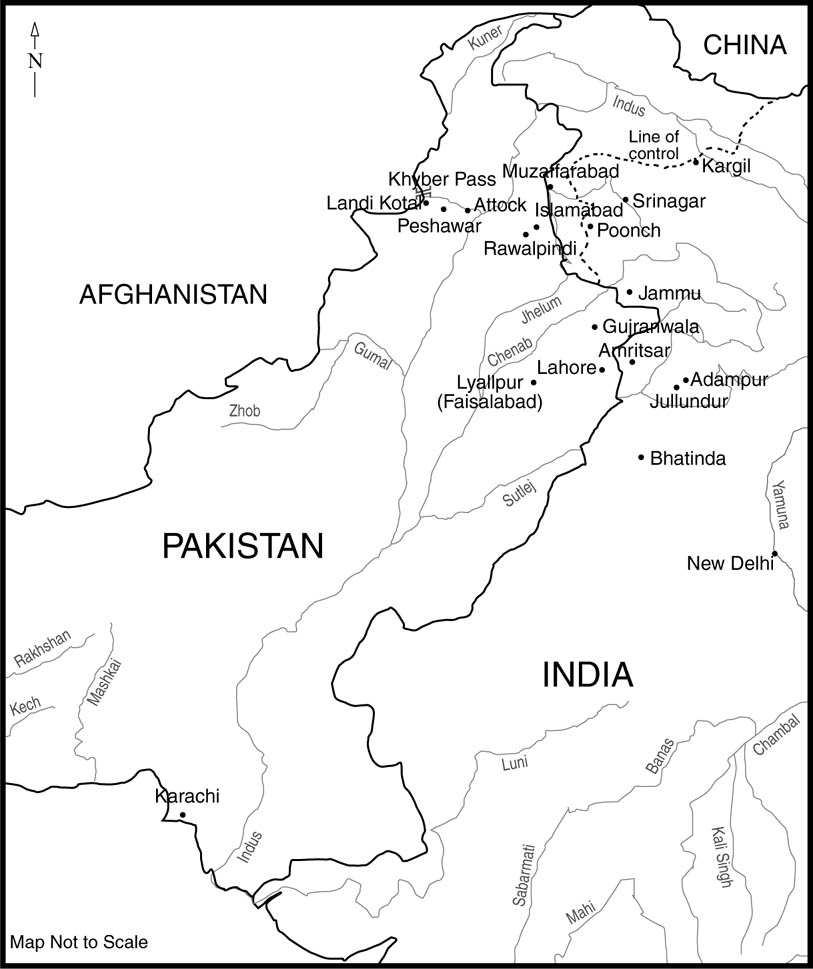



Published by Random House India in 2013
Copyright Faith Johnston 2013
Random House Publishers India Private Limited
Windsor IT Park, 7th Floor, Tower-B
A-1, Sector-125, Noida-201301, UP
Random House Group Limited
20 Vauxhall Bridge Road
London SW1V 2SA
United Kingdom
This eBook is copyright material and must not be copied, reproduced, transferred, distributed, leased, licensed or publicly performed or used in any way except as specifically permitted in writing by the publishers, as allowed under the terms and conditions under which it was purchased or as strictly permitted by applicable copyright law. Any unauthorised distribution or use of this text may be a direct infringement of the authors and publishers rights and those responsible may be liable in law accordingly.
EPUB ISBN 9788184005073
For Manbir and for all those who suffered loss or separation because of the 1971 War
Contents
Prologue
Two years ago I sat in Dilip Parulkars spacious living room in Pune, listening. Dilip was holding a tiny recorder in one hand, leaning forward in a low carved chair. It was late morning and he had just come in from tennis. Still wearing his tennis shorts and jacket, this sturdy man with his square, handsome face and ready smile had now turned his energy to another task. He was starting to tell me the story of how he and two other airmen escaped from a POW camp in Pakistan. I found it strange that he didnt begin at the beginning; instead he dove into the tale very near its end.
We were sitting on the roadside, over a culvert, wondering whether to hide. But the matter was not immediately urgent, he said, for though it was broad daylight, there seemed to be no one else for miles around. The landscape on the approach to the Khyber Pass was barren and stony. When they looked down the road they could see the hills that marked the beginning of the pass to Afghanistan (and safety), but for miles around them, the land was almost flat. The only habitations visible were a few walled enclaves in the distance. Dilip wasnt sure if they were small villages or clan compounds.
So there we were, the three of us, taking a breather, thinking we might soon scoot down the embankment and into the culvert and spend the day hiding there, he went on. Then, in the distance, I saw someone riding across the field on a bicycle. The bicycle was heading straight for us so all we could do was wait as it approached. Obviously it was too late to hide.
It was a boy in his teens and a very friendly fellow, laughs Dilip. Curious, too. He wanted to know who we were and where we were from. I tried asking him a few questions, but nothing could divert him for long.
As a foreigner living in India, I had no trouble imagining this boy and his barrage of questions. India, like Pakistan, is full of gregarious young people who love to question strangers. I meet them every time I step out my door.
The conversation ended when the boy walked onto the road and flagged down a bus, not for himself but for his new friends. He was very concerned. Here were three men returning to their native country after a long absencemen who didnt know the lay of the land at all. You cant walk all the way to Landi Kotal, he told them. It is much too far to go on foot.
Thus three Indian pilots who had planned to hide in a culvert until sunset, ended up making their way up a winding road, then through a long narrow gorge to the summit of the Khyber Pass, in broad daylight on the roof of a bus.
After my introduction to a story that Dilip had told many times over the last forty years, but had never written down, I knew we needed to go back and start again, at the beginning. And I knew the effort would be worth my while. I loved Dilips humour and his sense of the absurd. This would not be a stuffy, pompous story of battles fought and demons conquered. In fact demons would be in rather short supply in this story. Instead, it would be the tale of a man who had a dream he almost realized, told in a string of vivid, unpredictable moments, like life itself.
Faith Johnston
September 2013
Northwestern India and Pakistan
Disclaimer: Other than the official Indian boundaries depicted on the map, some boundaries are as per authors own findings and study. The author and publisher do not claim them to be official or legal boundaries. They are for illustrative purposes.
Indian Air Force POWs in Pakistan
(December 1971)
Wing Commander B.A. Coelho, 39
Squadron Leader D.S. Jafa, 37 (on 25 December)
Squadron Leader A.V. Kamat, 33
Flight Lieutenant J.L. Bhargava, 29
Flight Lieutenant Tejwant Singh, 29
Flight Lieutenant D.K. Parulkar, 29
Flight Lieutenant M.S. Grewal, 29
Flight Lieutenant Harish Sinhji, 26
Flight Lieutenant A. V. Pethia, 28
Flying Officer V.S. Chati, 25
Flying Officer K.C. Kuruvilla, 26
Flying Officer H.N.D. Mulla-Feroze, 27 (on 5 December)
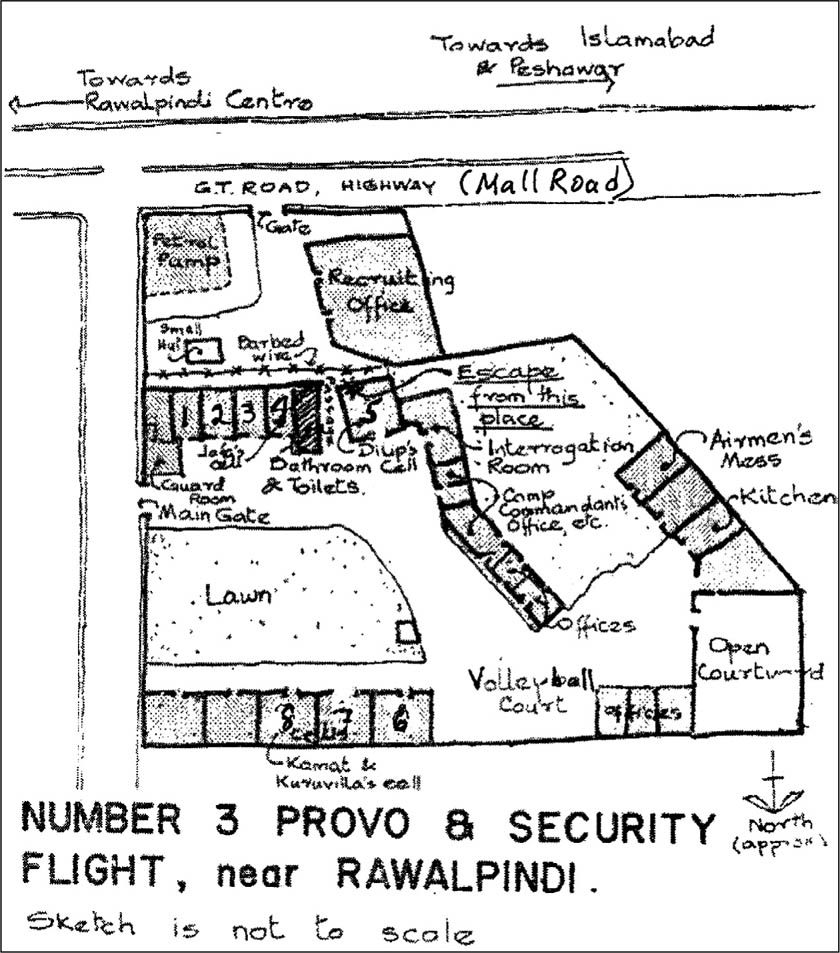
Harish Sinhjis sketch in P.C. Lals My Years With the IAF, Courtesy of Lancer International, 1986, 2008, p. 353.
Rawalpindi
(Midnight, 12 August 1972)
This time the plan worked. The final layer of plaster gave way. The three men crawled out and waited by the wall. When it seemed safe they dashed across the narrow alleyway to the back wall of the next cell block. The storm hadnt broken, but a strong wind fired dust and sand onto their faces. As for the watchman in the adjoining compound, there he was, sitting on his charpoy, perilously close. But when the men took a closer look at him, they realized he had put a blanket over his head!
The prisoners made their way along the back wall of the cell block towards the outer wall. They looked over the wall and down the lane to Mall Road, and were surprised to see a large crowd of people streaming past. Obviously a late show at the cinema had just let out. They decided to wait a few minutes.
As the three men squatted between the rear wall of the cell block and the hut in the recruiting compound, the wind grew fiercer by the moment and it started to rain. In no time the watchman tore the blanket from his head and made a dash for the recruiting centre verandah, carrying both blanket and charpoy. As soon as he had settled there, prone now, with the blanket over his head once more, the prisoners scaled the five-foot wall with no trouble.
By this time the theatre crowd had thinned out. Following Chatis directions, they turned left on Mall Road and kept walking, as if they, too, had come from a late show.
Soon it was pouring, but nothing could dampen their spirits. They were well aware that the stormy weather, first wind, then rain, was the perfect cover for their departure. It was just what they had hoped for.

